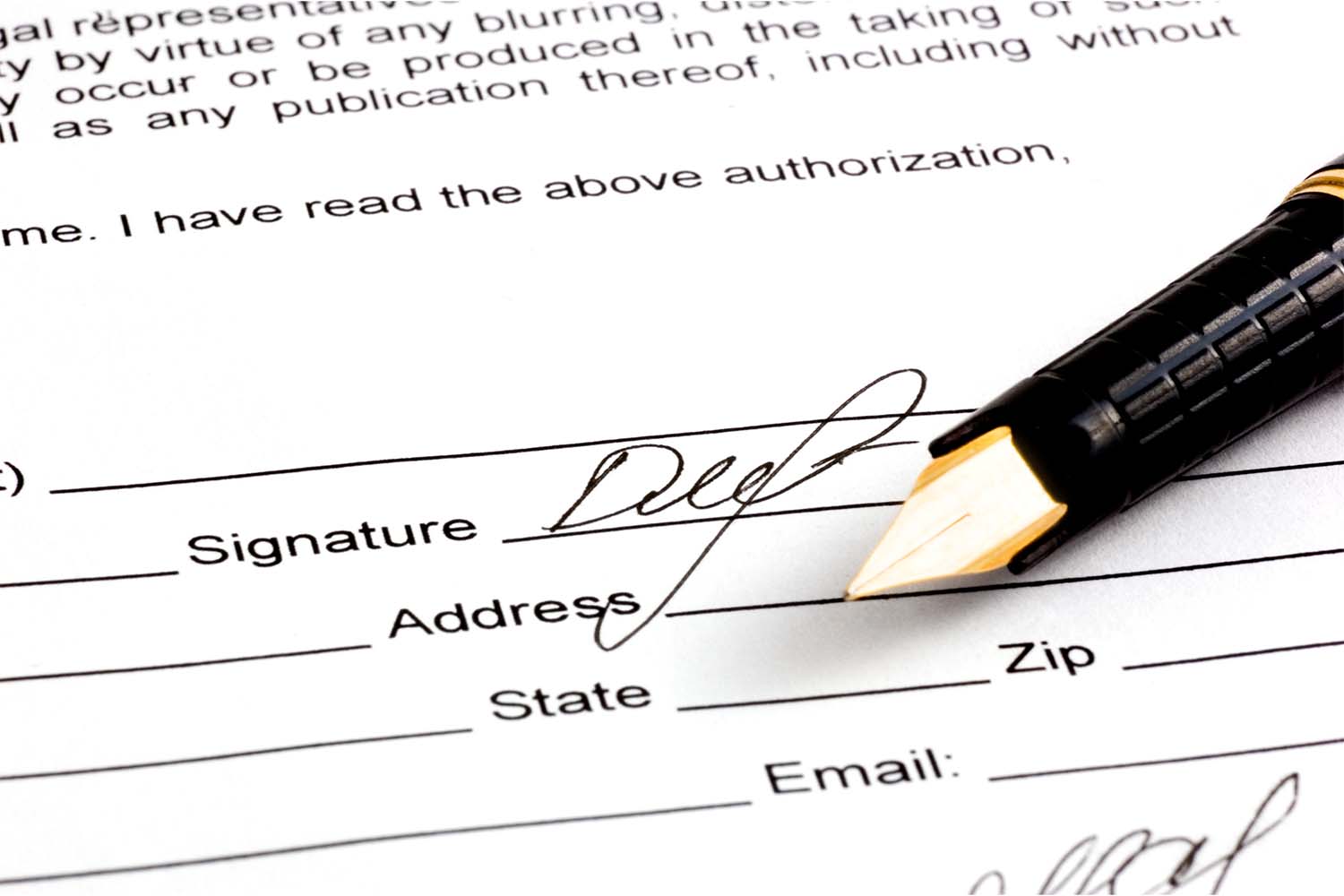
If you’re looking into applying for various benefits based on your military service, you may need to obtain a copy of your DD Form 214. This form documents a great deal of information about any active service periods you had while in the military.
If you’re applying for VA disability compensation, then the information shown on your DD214 is particularly important. The information on your DD214 may entitle you to certain legal presumptions, or on the other hand could bar you from receiving disability compensation.
Although VA will obtain a copy of your DD214 along with all your service personnel and medical records when you file a claim for disability compensation, it may be wise to seek a copy for yourself so you can make sure everything is accurate. In addition, here at Berry Law, we require a copy of your DD214 before we will review your case as a potential client.
You can submit a request for your DD214 (and other military personnel records) online through the milConnect website. You need a Premium DS Logon account to do so. If online records systems are not your thing, you can also request your DD214 the old-fashioned way by submitting a VA Form SF180 or a regular old letter by mail or fax to the National Personnel Records Center (314-801-9195, or 1 Archives Drive, St. Louis, MO 63138).
Your DD214 will look something like the image below, although there are different formats depending on when you served.
Make sure that all your demographic information (name, social) is correct. If your name has changed, you will likely need to update it with VA at some point—you need to send letters and legal documents to both the disability compensation program and your local VA medical center, and other programs if applicable.

For purposes of VA disability compensation, one of the most important pieces of information on your DD214 will be the dates you entered and separated from active service. Generally, any disability you claim must have arisen during your service or be related to something that occurred during these dates. If you’re a reservist or national guardsman, special rules apply to allow service connection for disabilities due to disability or disease during active duty for training (such as annual training or basic), or injury–but not disease–during inactive duty for training (such as weekend drills).
Next, you want to take a look at your character of discharge. VA disability compensation may only be granted for disabilities arising from periods of service that are honorable for VA purposes. This can include most forms of discharge other than “dishonorable.” If there’s a question of whether your discharge is honorable for VA purposes, then VA will address the issue when you submit a claim for benefits. If applicable, you can also seek an upgrade of “dishonorable” discharges through the Department of Defense (this is common, for example, for Veterans who were discharged under Don’t Ask, Don’t Tell).
Finally, you’ll also want to take a look at these additional details about your time in service to make sure your DD214 reflects your AFSC/MOS/rating, your training, and your decorations or medals, etc. This information can be very important in certain kinds of VA disability claims.
For example, if you’re filing a claim for hearing loss, your occupation specialty might be particularly important because loud noise exposure (which might have led to your hearing loss) can be very common in certain specialties, making your claim a little easier to prove.
Or, if you have a decoration showing you served in combat, that likely entitles you to certain legal “presumptions” that make claims—especially PTSD claims—easier to prove. If you received a Combat Action Badge, Combat Medical Badge, Combat Infantry Badge, Medal of Honor, or Purple Heart, make sure it appears on your DD214.
Overall, it’s a good idea to know what’s on your DD214 so you can make sure it’s accurate and you also understand what obstacles might stand in the way of obtaining VA disability compensation.
Our monthly newsletter features about important and up-to-date veterans' law news, keeping you informed about the changes that matter.